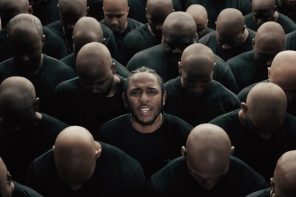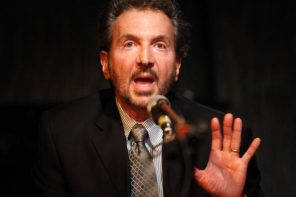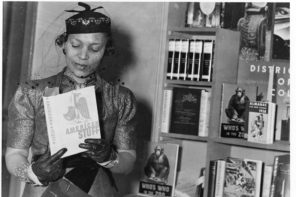So, prior to the November 4th general election I wrote about what activists were coining as a potential “Obama Effect” here in the state of California. Christian and social conservatives were counting on black and brown voter turnout in support of Obama to serve as the necessary margin needed to secure Proposition 8. Well it appears they got their wish. Seventy percent of African Americans and over half of Hispanic voters supported the ballot measure that passed by a slim margin.
To be sure, and rightfully so, there has been an uproar from within the GLBT community and among progressive allies. Unfortunately, misdirected finger-pointing and flat-footed social analysis has accompanied purposeful protests and mass social action. For instance, many have scapegoated the homophobia of the black church, citing literal biblical interpretations on the part of African Americans. And one Los Angeles Times columnist even proposed that a “black Elton John” would blunt homophobic sentiment among African Americans. Such suggestions, I contend, are about as viable as Prince in penny-loafers. They just don’t make sense.
First, black folks are no more biblical literalists than any other group. This is to say, they appeal to literal interpretations of scripture in order to justify preconceived cultural assumptions, yet will easily jettison textual references when they work against a perceived social interest. It goes without saying that Ephesians 6, slaves be good to your masters, is surely the least preached text in black history. Just as the Old Testament Exodus motif has structured African American theological thought and the black homiletic tradition. Thus, we must move beyond simplistic appeals to biblical hermeneutics to understand why many black Christians come across as sexually conservative in theory, even though this may not necessarily be the case in practice.
On the other hand, there are identifiable historical realities that inform African Americans seeming embrace of rigid sexual mores in public space. Besides being a reflection of the dominant patriarchal landscape of American society—remember, African Americans, too, sing America!—conservative gender politics is a social response to those who have lived their lives under the normative gaze of white supremacy. Black faith communities have prescribed a politics of sexual respectability in public space dating back to the Reconstruction era in order to deflect hyper-sexualized characterizations of the black male and female body in the dominant American imagination.
The sadness and sickness of this longstanding tradition, however, is that black faith communities have not made the connection between the ways both racism and heterosexism substantiate systems of oppression. Both seek to define and delimit the bounds of the black body in ways that minimize one’s humanity and truncate black sexuality. This form of oppression is not typically as overt in the black church as it is among the Religious Right. Rather oppression is often transmitted through silence. And it is this unwillingness on the part of many black Christians to “name” in church the complicated realities and diverse sexual practices of the community that leads to rigid public perspectives.
Thus, in my opinion, the best thing GLBT communities can do is engage not disparage the black church. GLBT persons—including plenty of out gay folk—are in the pews, choir lofts and even in the pulpits of predominantly black congregations. In this quest for justice, bridges must be constructed and community fostered. And the blame-game ain’t gonna do it!




